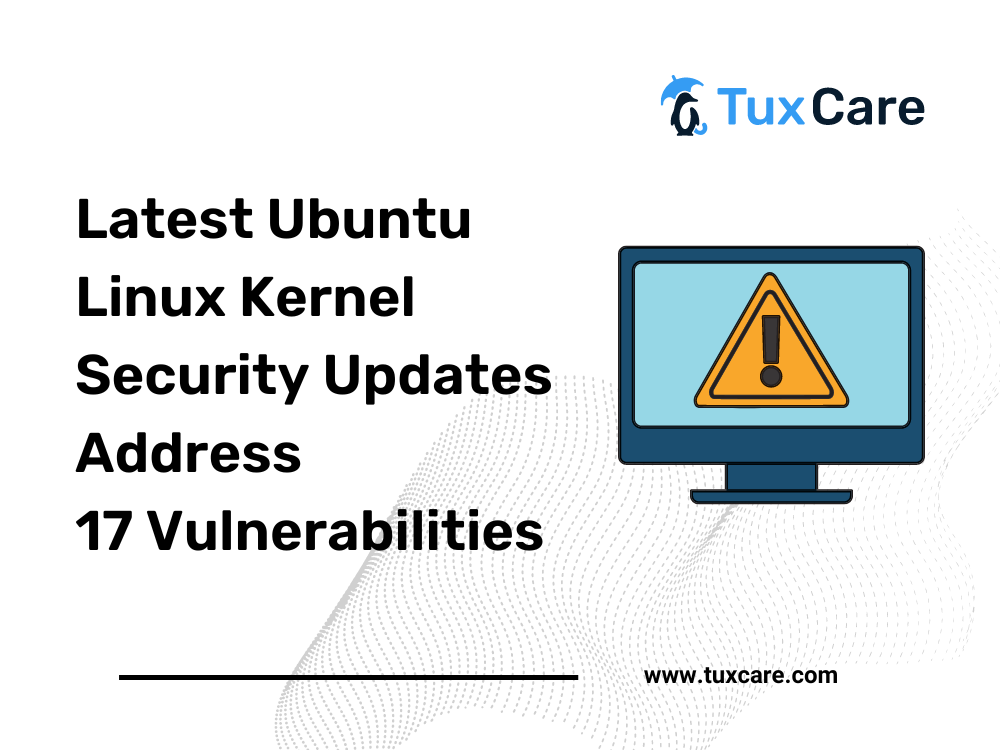Latest Ubuntu Linux Kernel Security Updates Address 17 Vulnerabilities
Canonical has released new Linux kernel security updates that address 17 vulnerabilities affecting Ubuntu 22.10, Ubuntu 22.04 LTS, and Ubuntu 20.04 LTS systems running Linux kernel 5.19 or Linux kernel 5.15 LTS.
These updates arrived three weeks after the previous Ubuntu kernel security patches and are applicable to Ubuntu 22.10 (Kinetic Kudu) and Ubuntu 22.04 LTS (Jammy Jellyfish) systems running Linux kernel 5.19, as well as Ubuntu 22.04 LTS (Jammy Jellyfish) and Ubuntu 20.04 LTS (Focal Fossa) systems running Linux kernel 5.15 LTS.
Linux Kernel Security Updates Patch 17 Vulnerabilities
Out of the 17 vulnerabilities addressed in the latest kernel updates, 14 of them affected all Ubuntu systems mentioned earlier. The most severe among them is CVE-2022-4379, which is a use-after-free vulnerability detected in NSFD implementation. It can enable an attacker to cause a denial of service (system crash) or possibly execute arbitrary code.
Additionally, the new kernel updates address several other flaws, including CVE-2023-0461, a use-after-free vulnerability found in the Upper Level Protocol (ULP) subsystem, CVE-2023-0179, a vulnerability discovered in the netfilter subsystem, CVE-2022-3545, a use-after-free vulnerability detected in the Netronome Ethernet driver, and CVE-2022-4139, a flaw identified in the Intel i915 graphics driver. These security issues could allow a local attacker to cause a denial of service (system crash) or possibly execute arbitrary code.
Similarly, the ATMEL WILC1000 driver has been found to have four security vulnerabilities: CVE-2022-47518, CVE-2022-47519, CVE-2022-47520, and CVE-2022-47521. These flaws could result in out-of-bond write, out-of-bounds read, or heap-based buffer overflow vulnerabilities. This could lead to a system crash or allow an attacker to execute arbitrary code.
The recent Ubuntu Linux kernel security updates also address CVE-2022-3169, a security vulnerability identified in the NVMe driver, and CVE-2022-3521, a race hazard discovered in the Kernel Connection Multiplexor (KCM) socket implementation. A local attacker can use these two vulnerabilities to cause a denial of service (system crash).
Furthermore, two KVM vulnerabilities were detected that affected Ubuntu 22.10 and Ubuntu 22.04 LTS systems running Linux kernel 5.19. One is CVE-2022-45869, a race hazard present in the x86 KVM subsystem implementation. It can lead to a denial of service by allowing an attacker in a guest virtual machine to crash the host operating system.
While the other is CVE-2022-3344, a vulnerability found by Maxim Levitsky in the KVM nested virtualization (SVM) implementation for AMD processors. An attacker in a guest VM could cause a denial of service by crashing the host kernel.
Lastly, the latest Linux kernel updates address CVE-2022-3435, a race hazard found by Gwangun Jung in the IPv4 implementation. It could enable an attacker to cause a denial of service (system crash) or disclose sensitive information.
Conclusion
Canonical suggests all users update their Ubuntu systems to the latest kernel version. For updating Ubuntu, you can run the sudo apt update && sudo apt full-upgrade command in the terminal or use the Software Updater tool. Then you will need to reboot the system after updating it to the latest kernel version.
KernelCare offers kernel security with zero reboots or zero downtime, ensuring 100% uptime of your system. It is the only solution that can live patch all popular Linux distributions. Learn more about KernelCare Enterprise.
The sources for this article include a story from 9to5linux.



 Documentation
Documentation Login
Login



